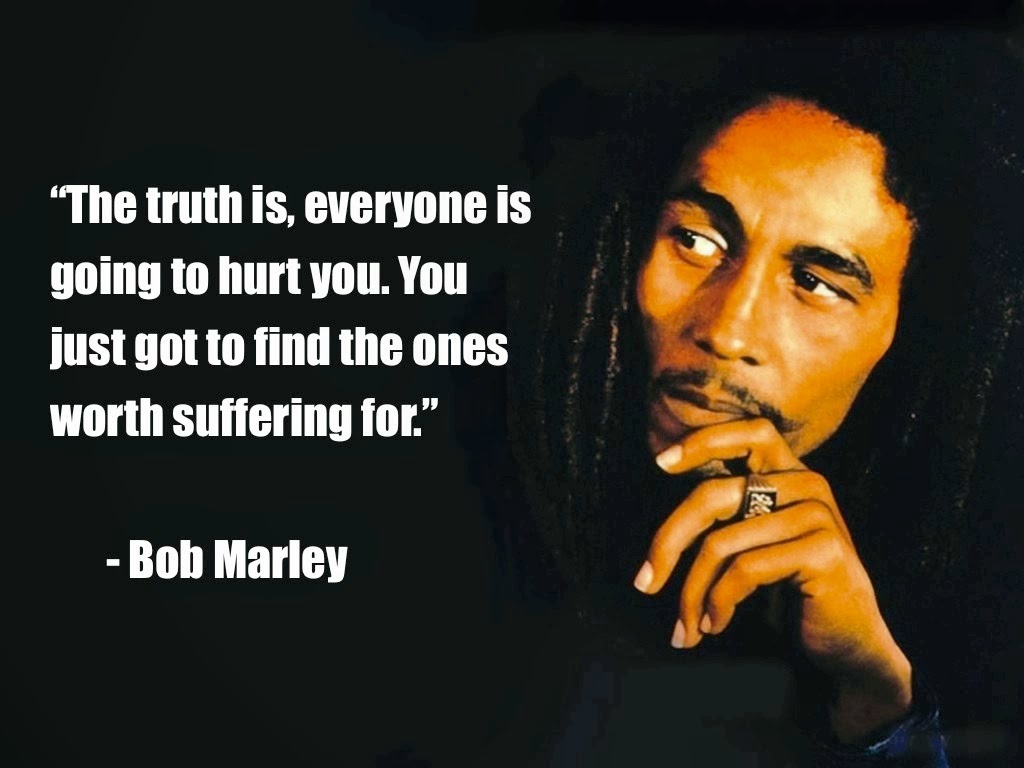Moral relativism is a philosophical concept that posits the idea that moral judgments and ethical standards are not universally applicable but rather culturally or individually contingent. This perspective has generated substantial discourse, as it challenges absolute moral truths and invites a nuanced examination of societal norms. Understanding moral relativism requires delving into its definitions, implications, and the reasons behind its enduring appeal. The fascination with moral relativism often emanates from its resonance with our increasingly pluralistic world.
At its core, moral relativism posits that what is considered “right” or “wrong” is largely dependent on social, cultural, or personal contexts. For instance, acts perceived as virtuous in one culture may be viewed as reprehensible in another. This variability raises critical questions about the universality of moral principles. Can we definitively claim that certain actions, such as capital punishment or euthanasia, are inherently good or bad? Or are these judgments dissected through the lens of cultural narratives and societal norms?
The allure of moral relativism lies not only in its contentious nature but also in the profound implications it holds for moral discourse. It encourages dialogue and fosters a spirit of understanding, compelling us to confront our biases and assumptions about morality. This engagement often leads to deeper insights into the myriad ways individuals navigate ethical dilemmas. Thus, moral relativism serves as both a mirror reflecting our ethical convictions and a lens through which we can scrutinize others’ beliefs.
One of the fundamental aspects of moral relativism is its recognition of diverse moral frameworks. Different cultures may uphold distinct principles, leading to varied ethical conclusions. For instance, consider the differing views on individual rights versus communal obligations. In Western societies, individualism is often lauded, whereas many Eastern cultures may emphasize collective well-being over personal freedom. This divergence underlines the complexity of moral judgments and illustrates why moral absolutism can appear overly simplistic.
This observation invites a deeper exploration into the cognitive and social factors influencing our ethical stances. Our moral frameworks are often shaped by upbringing, education, and societal influences. As children, we absorb moral lessons from our families, communities, and media, which intricately weave our ethical beliefs. This socialization process not only informs our values but also embeds them within the larger context of our cultural environments. As such, it becomes evident that moral perspectives are not merely personal choices but rather collective constructs deeply rooted in historical legacies and social interactions.
However, while moral relativism promotes an inclusive dialogue, it also raises significant ethical dilemmas. If all moral positions are equally valid, does this not potentially pave the way for moral nihilism, where the very notion of right or wrong becomes meaningless? Critics argue that without some semblance of universal moral standards, societies may struggle to navigate ethical crises, leading to discord and conflict. This critique underscores the tension inherent in moral relativism: the delicate balance between respecting diverse perspectives and advocating for common ethical ground.
Moreover, moral relativism is often juxtaposed with moral absolutism, which posits that certain moral truths transcend cultural boundaries. These moral absolutes are sometimes rooted in religious or philosophical doctrines that claim timeless validity. The clash between these contrasting views raises critical inquiries about the universality of human rights, justice, and ethical responsibility. Can acts of oppression ever be justified through the lens of cultural relativism? Or should there exist an unyielding moral framework that condemns such actions?
The exploration of moral relativism also necessitates an acknowledgment of the evolving nature of ethical standards. In contemporary discussions, the fluidity of morality becomes apparent, reflecting society’s changing values in response to new ideas and global challenges. For instance, debates surrounding climate change, gender equality, and racial justice are paradigmatic examples where traditional moral beliefs are being reexamined and reshaped. Moral relativism, therefore, intersects with social progress, as it recognizes the need for adaptability in ethical considerations.
Despite the complexities and challenges presented by moral relativism, it undeniably captures the imagination of philosophers, ethicists, and the general public. Its capacity to provoke critical thought and challenge entrenched beliefs makes it a potent lens through which to analyze contemporary issues. The subjective nature of morality underscores the importance of empathy and open-mindedness in ethical dialogues—qualities essential for navigating our increasingly interconnected world.
In conclusion, moral relativism represents a significant strand of moral philosophy that compels us to question the absoluteness of our ethical convictions. It invites an exploration of the cultural, cognitive, and social forces shaping our moral beliefs, while simultaneously fostering dialogue across diverse perspectives. The ongoing fascination with this concept reflects a broader desire for understanding in an increasingly pluralistic society. As we engage with moral ambiguities, we are challenged to cultivate a sense of empathy and responsibility towards others’ beliefs, creating a more harmonious global community.
